shēng
sacrificial animal
Phonosemantic compound. 牛 represents the meaning and 生 represents the sound.
Evolution

Oracle script
(~1250-1000 BC)
Bronze script
Early Western Zhou (~1000 BC)
Seal script
Shuowen (~100 AD)
Clerical script
Eastern Han dynasty (25-220 AD)Regular script
ModernDefinitions
Most common words with 牲
Freq. | Word | Meaning |
|---|---|---|
to sacrifice one's life | ||
livestock | ||
domestic animal | ||
sacrificial victim | ||
beast of burden |
Sources
